Estimated reading time 12 minutes, 17 seconds.
Capt Bryan Morrison has embarked on a passion project inspired by his desire to share his wealth of experience as a pilot in the Royal Canadian Air Force (RCAF). That endeavor is known as the Pilot Project Podcast.
“Because I am posted at a school [3 Canadian Forces Flying Training School (3 CFFTS) in Manitoba], I have direct access to people from different communities within the Air Force,” Morrison told Skies. “Everybody gets posted here, and they have flown all these different aircraft. So, I have many enthusiastic friends here who have been super supportive of giving me their time to talk about their experiences.”
The Pilot Project Podcast officially launched in November 2022. In the trailer episode, Morrison shared that he wants to help aviation enthusiasts from all avenues of the industry learn what it’s like to fly in the RCAF.
Described as the “best aviation podcast for stories and advice from the pilots of the RCAF,” The Pilot Project Podcast aims to expose the inner workings of flight training systems, and “give Canadians (and the world) a peek into life on the flight deck in the RCAF.”
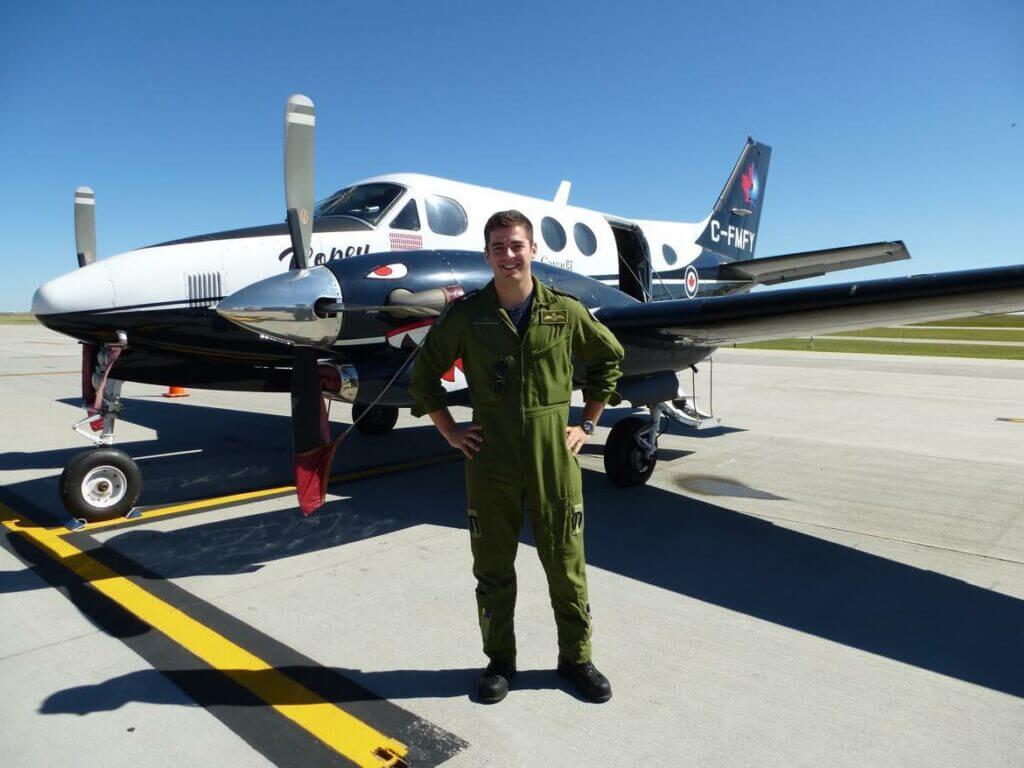
Born and raised in Cambridge, Ontario, Morrison has been with the RCAF for 16 years and has 1,700 military flying hours in three different aircraft types — the CT-156 Harvard II, C90B King Air, and CP-140M Aurora. The accredited pilot once daydreamed about a future flying military aircraft while attending the London International Airshow (now known as Airshow London) with his dad as a young boy. Mesmerized by signed autographs from pilots who were his “real-life heroes,” he dreamed of becoming like them.
“One year, we were [at the airshow] with my cousins, and they had a friend there who got a nosebleed from a jet going by,” he recalled. “I just remember thinking, ‘This is crazy!’ There is no other sound like a jet flying by with its engines going full blast.”
At 14, Morrison joined the Royal Canadian Air Cadets and earned his glider license, followed by his Private Pilot License at the age of 18. Upon graduation from the cadets, he returned as an instructor, and eventually earned his Commercial Pilot License with a multi-instrument flight rules rating.
Most recently, Morrison was posted to 3 CFFTS as a pilot instructor, but was relocated to 17 Wing Winnipeg in a ground position due to medical reasons.
Holding Pattern
While Morrison is currently on medical leave, he has not wasted time honing his passion for helping fellow aviators find their flight paths. And as important as it is for him to be an avenue of answers, he also focuses on bringing a taboo topic to light: mental health and flying.
The first week of May is Mental Health Week in Canada, “and I have [a podcast] episode planned to talk through my story,” he shared with Skies.
Morrison’s story is one that many aviators choose to bury out of fear of the stigma attached.
“I did an interview on a podcast called The Pilots Pandemic, which is more centered around mental health in aviation,” he said, “and we talked about my story there. It’s a vulnerable thing for sure. You’re letting people into your personal life; you’re admitting stuff about your own behavior that you don’t like.
“PTSD (post-traumatic stress disorder) sometimes comes with being short-tempered and having a hard time focusing. Nobody wants to say, ‘Hey, I’m an angry person now’ — which I wouldn’t describe myself as, but you might worry that someone might interpret it that way.”
Ultimately, Morrison feels that the shame attached to being honest about the effects his role as a military pilot have had on his mental health is “easily balanced by the idea of reducing the stigma — especially amongst pilots,” he added.
“When you’re a pilot, and you have an aviation medical, you’re so afraid of losing that. When it’s your livelihood as well, you think, ‘Man, if I get help, I could ruin my life.’”
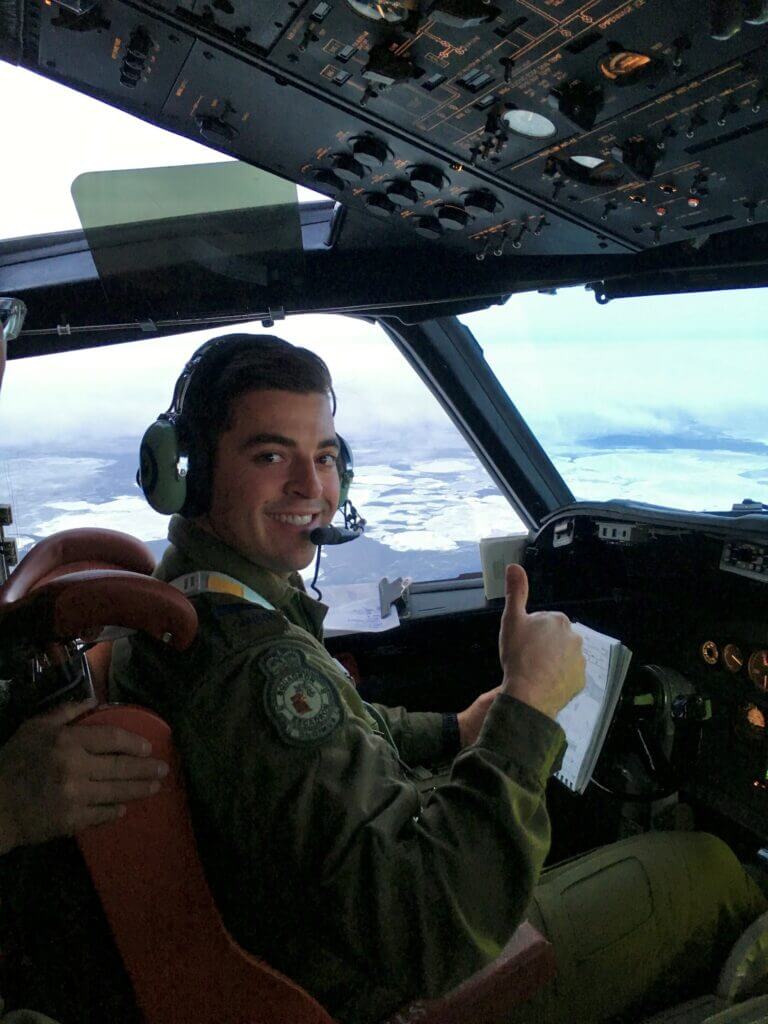
Since sharing his PTSD diagnosis publicly, Morrison admits that others have reached out to him to say they recognize themselves in the symptoms he has described.
“I’ve been able to help them, and that’s been really awesome.”
He continued: “Right now, I am starting a return-to-work program. So, the Forces have been exceptionally understanding that I could not work. [The podcast] has been a hobby to get me going again. In the meantime, my main job has been going to therapy, focusing on wellness, and getting better.”
Waiting in the Wings
Months before the official launch of the podcast, Morrison began researching potential interviewees and recording interviews — banking them for future use.
On Nov. 15, the inaugural episode of The Pilot Project Podcast was released. It started with an introduction to its host, the influence and experience he brings to the table, and what his show intends to be. Morrison quickly pointed out in his initial episode that although the “show is not affiliated with the RCAF, officially,” all his guests are “current or former pilots of the RCAF.”
Every two weeks, Morrison plans to release a new episode, promising exclusive conversations with these pilots who are overflowing with “exciting stories” and “the lessons they’ve learned along the way.”
His goal is to continue doing this even as he returns (in some capacity) to the armed forces.
He releases new episodes on Tuesdays at 4:00 a.m. That way, they’re ready for the rush of commuters in the early morning, “which is supposedly when most people listen to podcasts,” he noted.
The Art of Inquisition
For Morrison, there was a steep learning curve associated with transitioning from a high-flying military career to a podcast host. He shared that he’s taken to group forums to get ideas about the types of guests people want to hear from, as well as the questions to ask.
“I ask everything from, ‘What do you do to stay ready for your job?’ and, ‘Do you get enough sleep?’ to, ‘What are the best and worst days on the aircraft?’”
Skies was curious about the latter question, in particular. So, we asked the podcasting pilot what his best and worst days on the aircraft were.
“Wow, my best days… That is tough, because there have been a lot,” he replied. “I think about days when I was lucky to spend a month in Hawaii. We’d come back from a mission that we had flown in the early morning hours — the sun was rising, and the cliffs looked like Jurassic Park. That’s just a fantastic thing to see.

“Or, landing in the Azores in the middle of the Atlantic Ocean on volcanic islands. . . . [As an Air Force pilot], you get these incredible opportunities to see the world.
He continued: “I think the hardest days were my days over Iraq. I lived in a lot of fear at that time — fear of being shot down and being captured. That is where many of my issues stem from, and that was really challenging to push through.”
On Approach
Morrison shared that he hopes to fly again in the future, but what that will look like remains uncertain.
Until then, he will continue to share his experiences, and those of the experts he has access to, to help young aviators find their place in the skies.
You can subscribe and listen to the Pilot Project Podcast here.
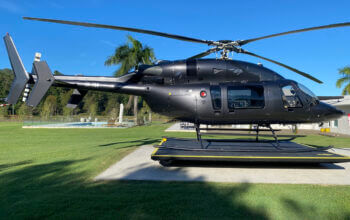



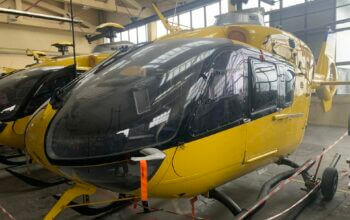
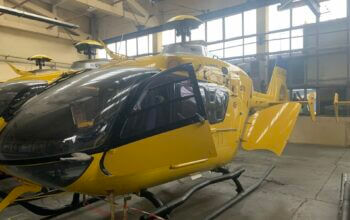
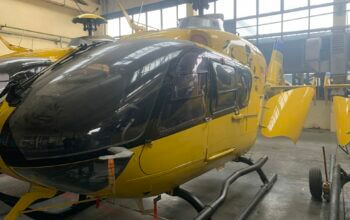
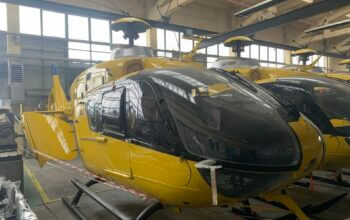

As a former RCAF pilot, I look forward to your forecast operation and content. It’s obvious that you have taken the opportunity to make the most of your medical restrictions which should allow you to resume your career when the medicos deem it OK.